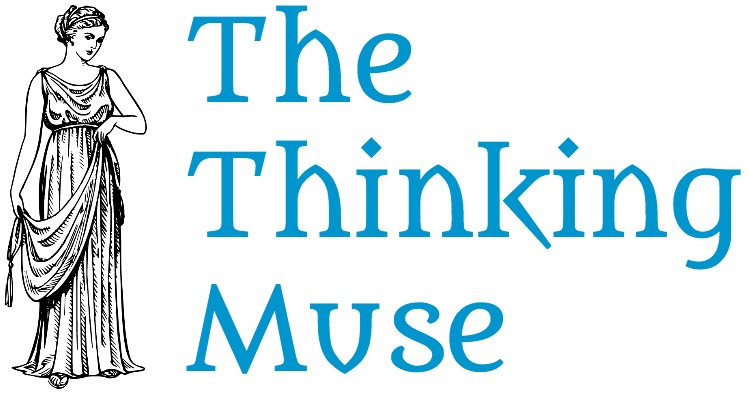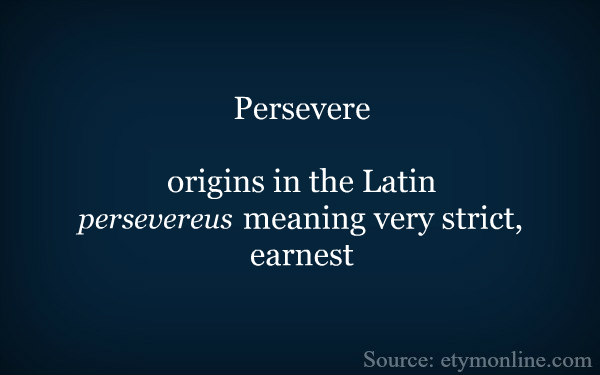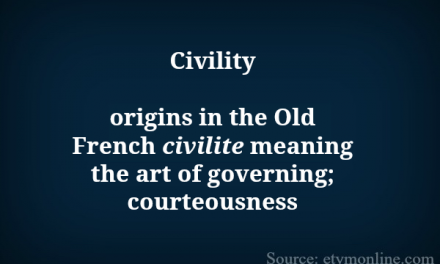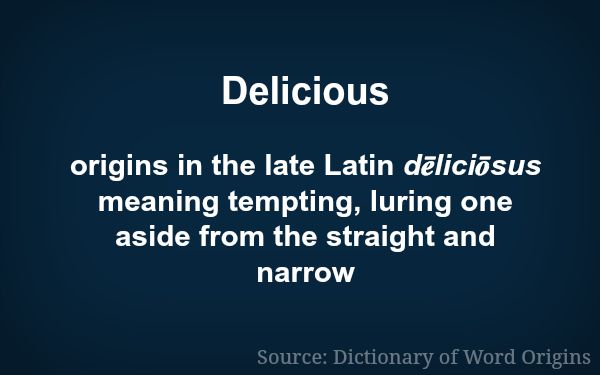Mind over matter: Learn from the placebo effect to heal yourself

Have you ever been given chicken noodle soup when you are feeling under the weather? It cured you, right?
I know, I know. That is an old wive’s tale.
What about the works of shawmen, medicine men, or other energy healers? Crackpots and conmen? Or real healers? It may all be in the eye of the beholder.
Up to the 1800s, most people thought that emotions were tied to disease. When science advanced to learn about bacteria and viruses much of those beliefs were dismissed.
We were so much more enlightened in modern times, right?! Descartes and his mind-body dualism philosophy clearly distinguished between the mind and body stating that it is possible for one to exist without the other.
On the other end of the spectrum is psychosomatic medicine which views a person’s physiology and psychology closely interrelated.
Natural forces within us are the true healers of disease. -Hippocrates
Today, we understand the world is complex. And so are we. The more we learn, the more new questions we raise. We are still just beginning to shed light on the perplexing nature of the mind-body connection.
I understand, as a woman of logic, that a lot of this stuff sounds a little “out there.” Just hear me out.
Life expectancies are going up. Feelings of stress, anxiety, and depression are at seemingly epidemic levels in our country. Our beloved artists and stars are dying from the abuse and misuse of drugs. Frankly, we can use all the help we can get.
I, for one, am willing to keep an open mind.
Disclaimer: Please bear in mind that I am not a doctor or healer of any type. Although I have been known to make homemade chicken noodle soup for my family. Please consult with your physician for any treatments you may try.
(See Related: Love of food series, part 1: What is flavor and how do we perceive it?)
Do you have it within you to cure yourself? One clue into that mystery is the sometimes successful use of placebos. Even though it is a small response (generally ~30%), it is a response none-the-less. What happens in the successful cases that allows it to work?
Perhaps looking at the placebo effect can show us what it takes to heal our own bodies? Let’s take a look and see what we can learn.
What is the placebo effect?
Harvard Medical School defines a placebo as “a favorable response to a medical intervention…that doesn’t have a direct physiological effect.” It can be a “sugar pill” or injection, liquid, or procedure. However, it can also occur simply with a visit and consultation with a “healer” or some other action the patient believes to be effective. 
Ironically enough, placebos have even worked in some instances where the patient was fully aware they were being given a placebo. That is a clue indicating something interesting is going on.
Nocebo is the negative effect that happens as a result of negative expectation. This may show up as headache, nervousness, nausea, constipation, or other perceived side effects.
Together, the placebo and nocebo effects are considered expectation effects.
For a number of reasons, it is difficult to determine exactly what is the expectation effect versus a no-treatment effect. This makes it challenging to figure out exactly what is going on.
My biggest aha! moment researching this article was when I learned the distinction between illness and disease. Illness refers to the “distress experienced by the patient” this encompasses the symptoms, discouragement, and anxiety surrounding the entire experience. Whereas disease is simply the objective or scientific evidence of tests.
We see the physical and psychological being rolled together in the term known as illness. See? The health of our mind and health of our bodies are deeply connected.
When placebos are most effective
The placebo effect has been shown to be most effective on the subjective experience of the patient. This is with symptoms that are difficult to quantify such as depression, insomnia, GI distress, anxiety, panic disorders, and especially pain.
Generally speaking, conditions that respond to psychotherapy are those most likely to see benefits from placebos. Perhaps there is a puzzle we can solve to learn how to manage that aspect on our own.
(See Related: The secrets of puzzles)
Despite the fact that placebos tend to be most effective with subjective symptoms, they appear to provide objective results in brain chemistry, such as the release of endorphins or dopamine. Again, mind-body connection.
Where placebos are used
According to a New York Times article, 45%-85% of American and European practitioners use placebos in a clinical environment. With a majority of American academic physicians believing placebos have a therapeutic effect.
Most people have heard about the use of placebos in drug testing. This allows new drugs to be tested for efficacy and side effects. Double-blind randomized placebo-controlled studies ensure not only patient, but doctor, are unaware of who is given the real drug versus the placebo.
Aside from drug trials, there are other ways that placebos may be used. Remember that a placebo may be something aside from the typical sugar pill we all think about. It may be other treatments or merely the way the treatment process is handled.
Why aren’t placebos used more often? As we have all been warned, any procedure comes with a set of possible side effects, even placebos with the nocebo effect.
Doctors are sworn to the Hippocratic Oath to first do no harm or more specifically “utterly reject harm and mischief.” For this reason, it is of utmost importance that the patient is fully aware of the conditions of a trial or treatment.
However, many healers may be using a placebo whether they realize it or not. It is just in the manner they are providing their service.
The treatment process and variables
 As someone outside the medical field, I have never given much thought to the treatment ritual. But each step is important in the treatment process and can have impact on the placebo effect.
As someone outside the medical field, I have never given much thought to the treatment ritual. But each step is important in the treatment process and can have impact on the placebo effect.
The elements include:
- Recognized healer. Do you recognize or trust the individual as a healer?
- Healing symbols. Do they display and/or use tools of the trade such as displaying diplomas or writing information on medical charts?
- Evaluation. Do they take the time to listen to you and ask you questions about your condition?
- Healing rituals. Do they conduct tests or assessments to validate your condition?
- Diagnosis. Do they take the time to explain your symptoms in terms that you understand?
- Prognosis. Do they talk about possible treatments and what you can expect as a likely outcome?
- Plausible treatment. Do they write down instructions for you to follow?
Because of the relationship between the patient and doctor, it can impact the results of the treatment. A study has shown that the healer’s belief in the treatment can impact efficacy in the patient.
 Aside from the treatment process, there are other factors that influence how a patient reacts to treatment. Think of it this way, healing an illness is essentially like trying to find the correct combination of dozens of dials and switches.
Aside from the treatment process, there are other factors that influence how a patient reacts to treatment. Think of it this way, healing an illness is essentially like trying to find the correct combination of dozens of dials and switches.
Here are a few of your dials…
- Expectation. Patients often experience what they expect to experience.
- Time. Many illnesses improve over time regardless of the treatment. This is especially so for conditions that come and go such as insomnia, pain, asthma, hypertension, and depression.
- Conditioning. Previous experience feeds into what patients anticipate and expect. We have all heard about Pavlov’s dogs.
- Treatment protocol. How much and how often the treatment is given makes a difference. Examples would be 4 capsules/day versus 2 capsules/day.
- Treatment appearance. Color of pills influences how people perceive them. Ever notice that blue is used for tranquilizers, red/yellow for energy, and brown for laxative?
- Remembered wellness. A patient remembering symptom-free imagery can bring about certain chemical changes relevant to those times.
- Biased or “good” patient. Patients often want to report good news to their doctor.
- Memory. Patients may falsely recall that initial symptoms were worse than they were, thus perceiving more of an improvement.
- State of mind. A study has shown that optimists were more likely to see placebo effects in positive suggestions. Whereas pessimists were more likely to have a nocebo effect in negative suggestions.
- Individual differences. We are all different and things such as age, cultural origin, and socioeconomic issues can influence our experiences.
Complementary and alternative medicine (CAM)
It seems like it is more and more common to hear of people talking about CAM. Of course, there is a big difference between using a treatment in addition to as opposed to in place of traditional treatment.
If it makes you uncomfortable to consider alternative medicine, consider it one part of a treatment plan. Remember the difference between illness and disease? Traditional medicine looks to manage objective indicators of disease. The responsibility is on you to manage the illness. Well, you actually have to be your own healthcare advocate regardless, but you get what I mean.
It makes sense that CAM can help in our overall treatment since they can really have an impact on the psychological factors. Don’t consider CAM to be a cure, but another tool in the toolbox.
 Relaxation techniques like yoga, meditation, tai chi or qi gong can lower heart rate, lower breathing rate, and decrease muscle tension. It is often used in treatment for stress-related orders.
Relaxation techniques like yoga, meditation, tai chi or qi gong can lower heart rate, lower breathing rate, and decrease muscle tension. It is often used in treatment for stress-related orders.
(See Related: Why I love online yoga classes (and you will too))
Visual imagery or guided imagery is used by those dealing with anxiety and pain, as well as conditions such as asthma and headaches. It can also be used to help tolerate procedures.
Biofeedback is used in treatment for anxiety, attention deficit disorder, headache, hypertension, and urinary incontinence.
Mindfulness Based Stress Reduction has also seen a surge in headlines. It is used in to relieve physical and psychological symptoms of various conditions.
Other CAM also include:
- Chiropractic
- Indigenous/ancient medical practice
- hydrotherapy
- herbalism
- hypnotherapy
- magnetic therapy
- massage
- acupressure/acupuncture
How to make it work for you
As discussed above, there are many factors at play with our health and well-being. While we will never be in complete control of all the dials and switches, we can make the most of what power we do have.
How can we harness this power to help heal ourselves?
- Find a doctor/healer that you trust. They should be credible and trained. Someone who will listen to you and explain things to you in terms you understand. They should be confident in the treatment they prescribe.
- Understand the difference between disease and illness. There is the objective test results and then there is the human experience around the diagnosis. The physiology and the psychology.
- Follow the prescription precisely. Don’t second guess or modify the treatment plan. If you have reservations, this should be discussed with your doctor.
- Do no harm. Don’t do things that run counter to the treatment.
- Believe in the treatment. This doesn’t mean to throw away your healthy skepticism. Never go into a treatment blind. It just means that once you choose a treatment that you feel looks good, be optimistic about it.
- Research and talk to your doctor about complementary treatment options.
- Be nice of yourself. It can be tough dealing with an illness so be gentle with yourself and try to relax.
Taking charge
The perks of being an adult… you are in charge. You are the boss of you. Your health and your healthcare are completely in your hands.
So, have you ever tried any complementary or alternative medicine? I have. I enjoy yoga and try to practice mindfulness. I have also dabbled in visualization and essential oil aromatherapy.
I have had some successes. My biggest challenge is making the time to put it into practice. Pretty typical, I guess.
I would love to hear your stories about how you have taken charge of your health. Leave me a note or visit me on Twitter to tell me about it.
Take care.
Resources
Bausell, R. Barker. Snake Oil Science: The Truth about Complementary and Alternative Medicine. Oxford: Oxford UP, 2007. Print.
Dispenza, Joe. You Are the Placebo: Making Your Mind Matter. New York City: Hay House, 2014. Print.
Emotions and Health from National Institutes of Health
Hippocrates Quotes from BrainyQuote
Placebo Effect from American Cancer Society
Putting the placebo effect to work from Harvard Health Publications
René Descartes: The Mind-Body Distinction from Internet Encyclopedia of Philosophy
Seeking to Illuminate the Mysterious Placebo Effect from The New York Times
The Connection Between Mind And Body from The Bravewell Collaborative
The placebo effect. 2015. Wheeling, Illinois: Film Ideas.
Understanding and Using the Placebo Effect from Psychiatric Times
Wikipedia contributors. “Hippocratic Oath.” Wikipedia, The Free Encyclopedia. Wikipedia, The Free Encyclopedia, 15 May. 2016. Web. 16 May. 2016.

















































